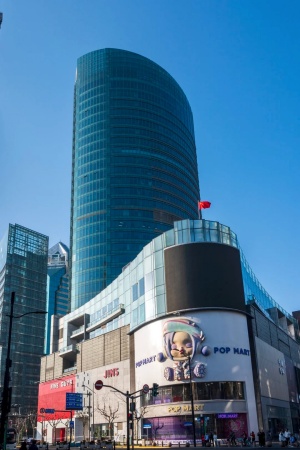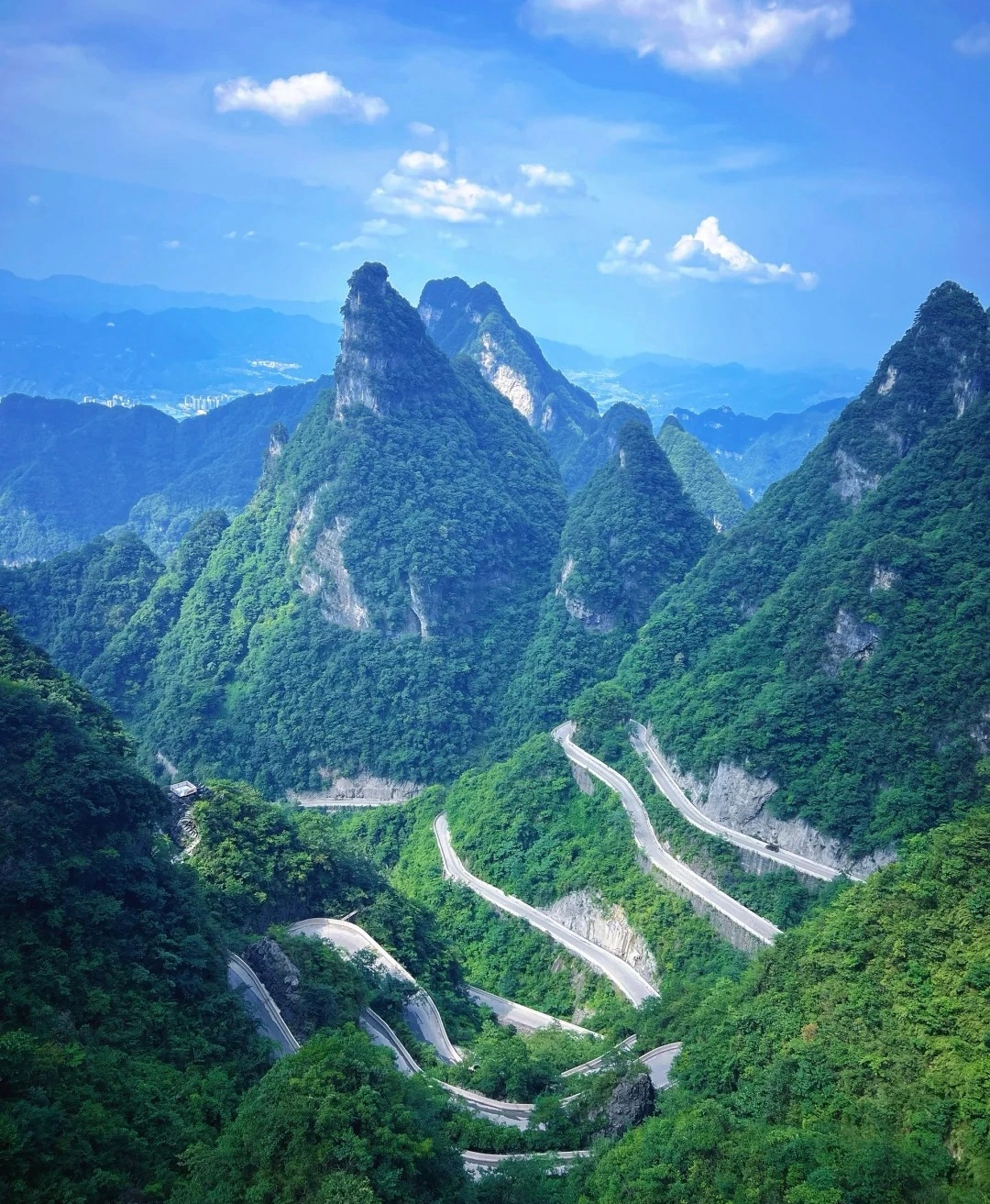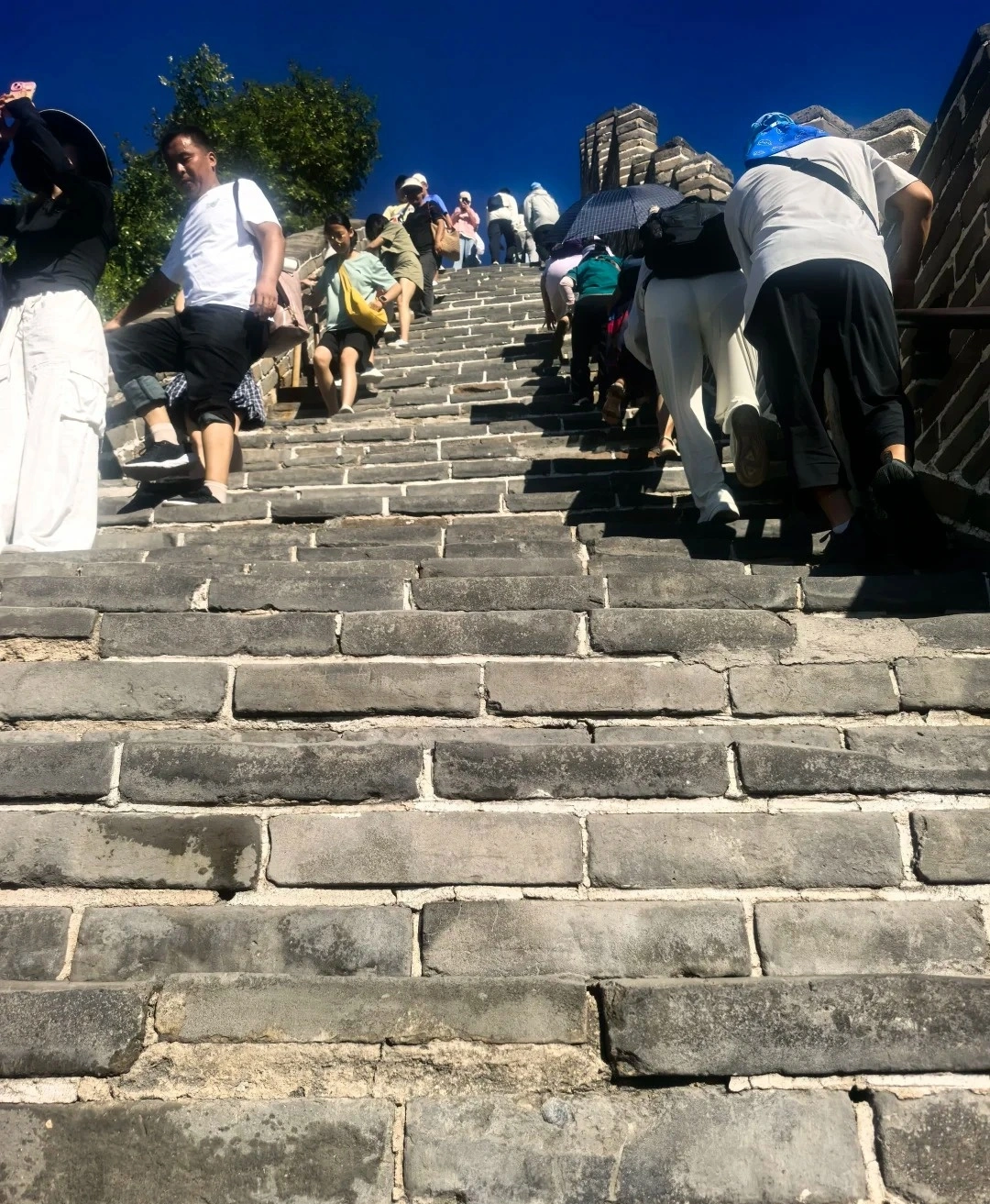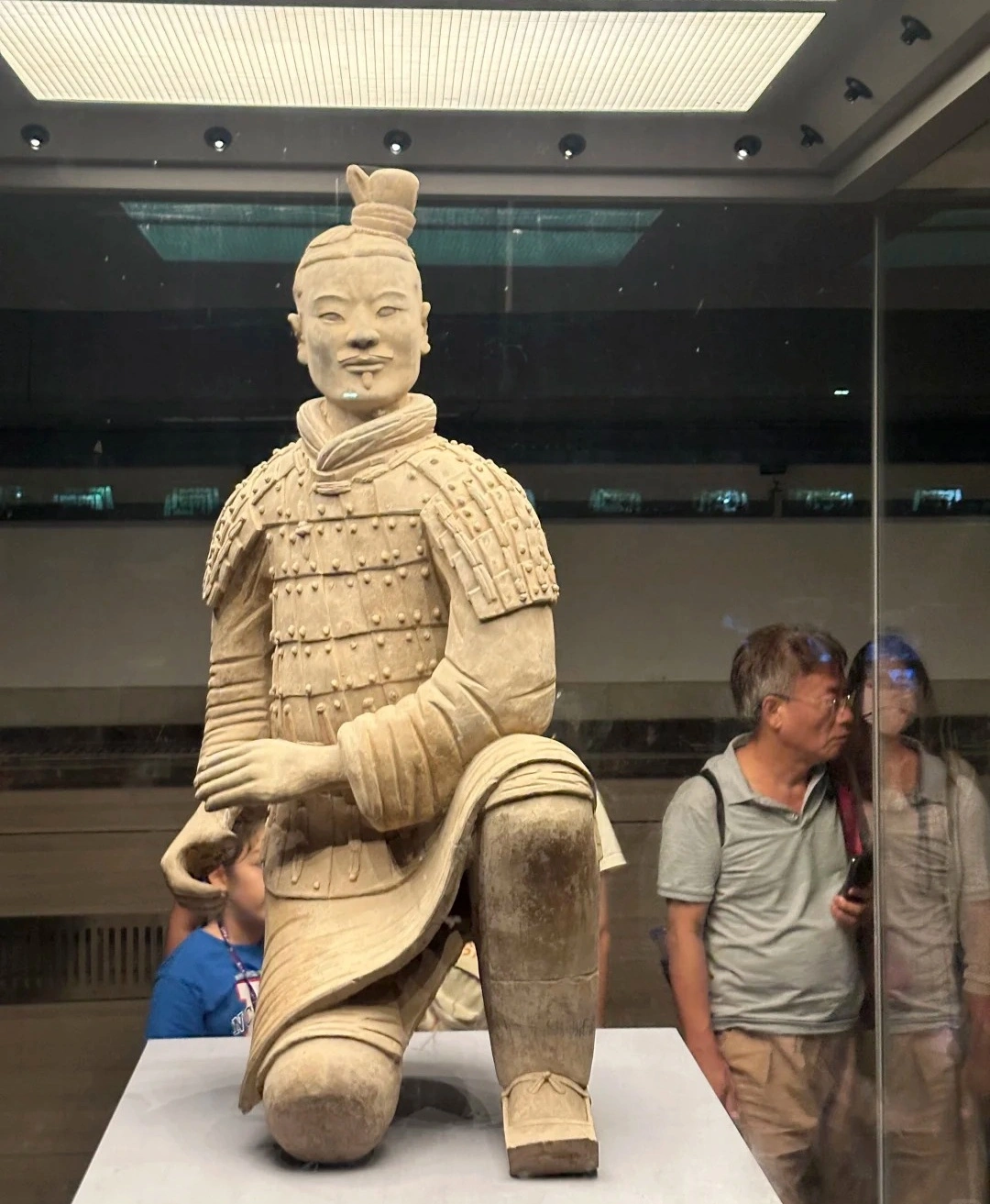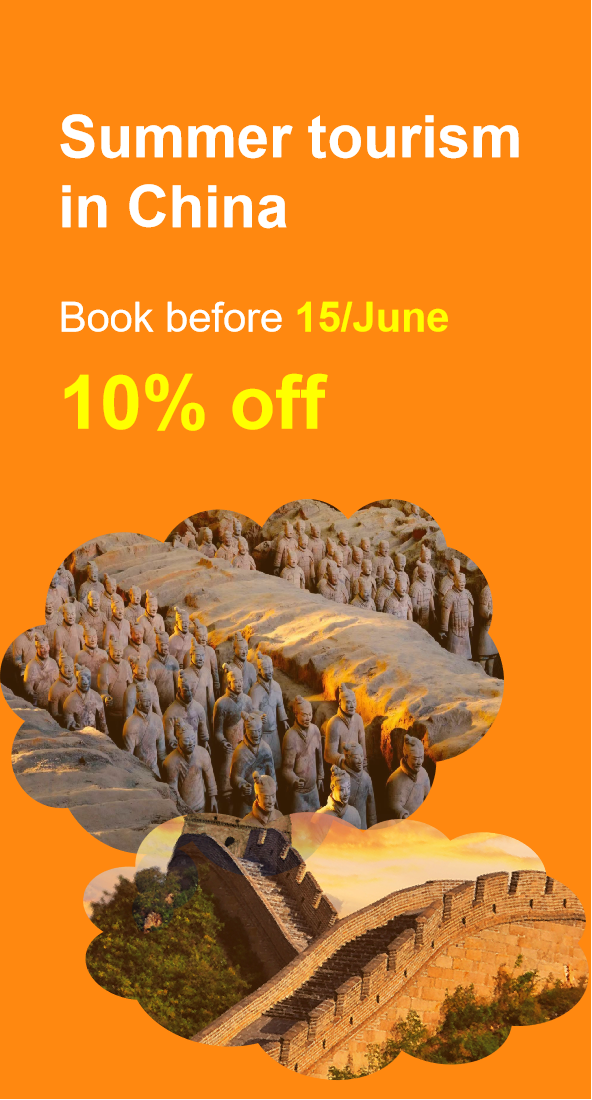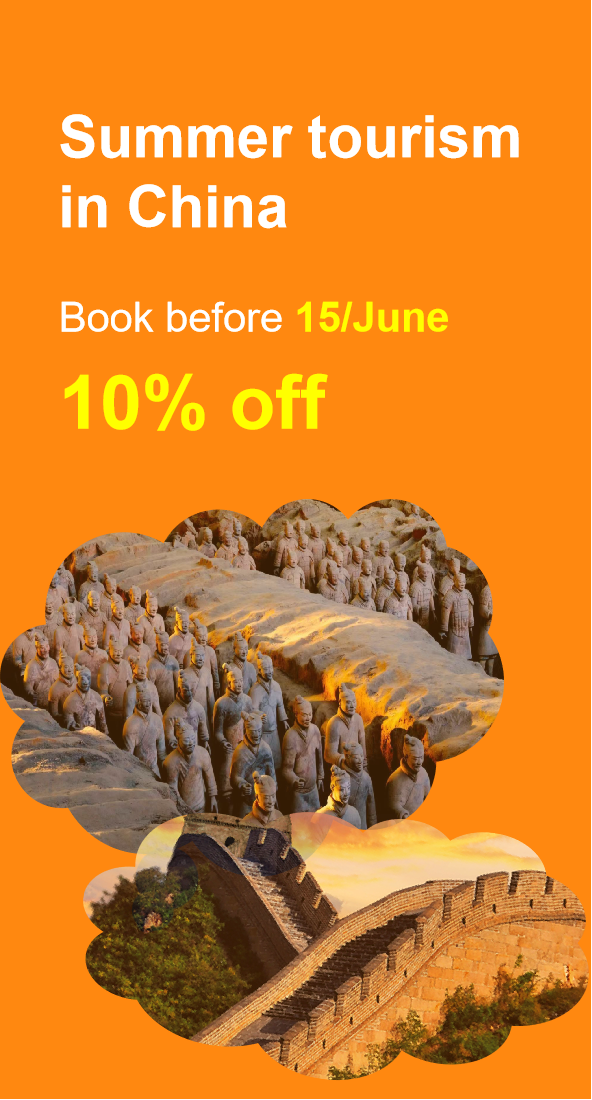Liuzi Opera
Liuzi Opera: A Dazzling Cultural Gem of China
Liuzi Opera, also known as Zhuizi Opera in some areas, is a distinctive and captivating traditional Chinese opera genre that holds a special place in the cultural landscape of Shandong Province and its surrounding regions. Emerging from the fertile soil of local folk culture, Liuzi Opera is deeply influenced by the unique lifestyle, dialect, and customs of the area. It is characterized by its melodious singing, elegant music, and refined acting, offering a window into the rich cultural heritage and emotional world of the local people.
 History of Liuzi Opera
History of Liuzi Opera
A. Early Beginnings
The roots of Liuzi Opera can be traced back to the Ming Dynasty. It evolved from a combination of local folk songs, dances, and storytelling traditions. In the rural areas of Shandong, farmers and folk performers would gather during festivals and leisure times to sing and dance, gradually forming simple performance forms. These early performances often centered around local legends, historical stories, and daily life events, using basic musical instruments like the sanxian (a three-stringed plucked instrument) and drums to accompany the singing and dancing.
B. Development in the Qing Dynasty
During the Qing Dynasty, Liuzi Opera entered a period of significant development. Professional troupes began to emerge, and the art form received more attention and support from the local gentry and officials. Scriptwriters and composers started to create more structured and elaborate plays, incorporating elements from other opera forms such as Kunqu Opera. The themes of the plays expanded to include more complex social issues, romantic stories, and moral lessons. This period saw the rise of many outstanding actors and actresses who became well-known for their exceptional skills and unique artistic styles, contributing to the popularity and spread of Liuzi Opera.
C. Modern Era
In the 20th century, especially after the founding of the People's Republic of China, Liuzi Opera faced both challenges and opportunities. On one hand, the influence of modern entertainment forms and social changes posed a threat to its survival. On the other hand, the government launched a series of policies to protect and promote traditional Chinese culture, including Liuzi Opera. Professional troupes were reformed and strengthened, and new plays were created to reflect contemporary life and values. In recent years, with the development of the internet and cultural exchange programs, Liuzi Opera has gained more exposure on a national and international level, attracting a new generation of audiences.
 Distribution Areas of Liuzi Opera
Distribution Areas of Liuzi Opera
A. Provinces and Cities
· Shandong Province: As the birthplace of Liuzi Opera, Shandong is its main distribution area. Cities like Jining, Heze, and Linyi have a long - standing tradition of Liuzi Opera performances. Jining, in particular, is known as the "Hometown of Liuzi Opera," with numerous professional and amateur troupes. The local people have a deep - seated love for Liuzi Opera, and it is an integral part of their cultural life, often performed during festivals, weddings, and other important occasions.
· Henan Province: Adjacent to Shandong, Henan Province also has a significant number of Liuzi Opera fans and performers. In cities such as Kaifeng and Zhengzhou, Liuzi Opera troupes often tour and perform, introducing this unique art form to a wider audience in Henan. The cultural exchange between Shandong and Henan has further enriched the development of Liuzi Opera in this region.
· Jiangsu Province: In the northern part of Jiangsu Province, especially in Xuzhou and other cities close to Shandong, Liuzi Opera has also gained a certain popularity. The local people appreciate its melodious music and elegant performances, and some troupes have even incorporated elements of local culture into Liuzi Opera, creating a unique fusion style.
B. Scenic Spots and Cultural Venues
· Liuzi Opera Museum in Jining: This museum is dedicated to the preservation and promotion of Liuzi Opera. It houses a large collection of costumes, props, musical instruments, historical documents, and photographs related to Liuzi Opera. Visitors can learn about the history, development, and artistic characteristics of Liuzi Opera through multimedia displays, guided tours, and interactive exhibits. The museum also offers educational programs and workshops for visitors of all ages, allowing them to experience the charm of Liuzi Opera firsthand.
· Qufu Confucius Cultural City: Qufu, the hometown of Confucius, is a famous cultural tourist destination. The Confucius Cultural City in Qufu often features Liuzi Opera performances as part of its cultural activities. The combination of the ancient cultural atmosphere of Qufu and the elegant performances of Liuzi Opera creates a unique and unforgettable experience for visitors.
· Tai'an Tai Mountain Scenic Area: Tai Mountain is one of the most famous mountains in China, attracting a large number of tourists every year. During major festivals and holidays, Liuzi Opera performances are held in the scenic area, adding a cultural touch to the natural beauty of Tai Mountain. Visitors can enjoy the splendid scenery while appreciating the wonderful Liuzi Opera performances.
 Features and Unique Skills of Liuzi Opera
Features and Unique Skills of Liuzi Opera
A. Music and Singing
· Melodious Tunes: The music of Liuzi Opera is known for its melodious and lyrical quality. It combines the characteristics of local folk music with the elegance of classical music, creating a unique and charming sound. The main musical instruments include the sanxian, pipa (a four - stringed plucked instrument), erhu, and flute. The sanxian, with its bright and resonant sound, plays a crucial role in providing the rhythmic and melodic foundation for the opera.
· Singing Styles: The singing style of Liuzi Opera is divided into different categories according to the roles and emotions. Female lead roles usually sing in a soft and sweet voice, expressing love, tenderness, and sadness. Male roles may have a deeper and more powerful voice, showing strength, courage, and determination. There are also specific singing techniques for different situations, such as the "crying tune" used to express extreme sorrow and the "laughing tune" used to convey joy and humor.
B. Acting and Gestures
· Refined Movements: The acting in Liuzi Opera is characterized by its refined and elegant movements. Actors use subtle gestures and facial expressions to convey complex emotions and thoughts. For example, a slight raise of the eyebrows can show surprise, while a gentle smile can indicate happiness. The movements of the hands and body are coordinated with the music and singing, creating a harmonious and aesthetically pleasing performance.
· Role - specific Acting: Different roles in Liuzi Opera have their own unique acting styles. For example, the "sheng" (male lead) roles often perform with a sense of dignity and grace, while the "dan" (female lead) roles are more delicate and charming. The "jing" (painted - face) roles, on the other hand, use exaggerated facial expressions and bold movements to portray villainous or heroic characters.
C. Unique Performance Elements
· Acrobatic Skills: Liuzi Opera incorporates some acrobatic skills into its performances, adding an element of excitement and spectacle. Actors may perform flips, somersaults, and other acrobatic feats on stage, which require high levels of physical fitness and skill. These acrobatic elements are often used to enhance the action - packed scenes and create a more thrilling experience for the audience.
· Dialogue and Recitation: In addition to singing and acting, dialogue and recitation also play an important role in Liuzi Opera. The dialogue is written in the local dialect, which adds a sense of authenticity and local flavor to the performances. The recitation is usually done in a rhythmic and melodious way, similar to singing, and is used to narrate the story, express the characters' inner thoughts, and create a dramatic atmosphere.
 Costumes, Facial Makeup, and Appearance in Liuzi Opera
Costumes, Facial Makeup, and Appearance in Liuzi Opera
A. Costumes
· Design and Materials: Liuzi Opera costumes are designed to be elegant and colorful, reflecting the traditional aesthetic values of Chinese culture. They are often made from high - quality materials such as silk, brocade, and satin, which give them a luxurious and shiny appearance. The costumes feature intricate embroidery, beading, and other decorative elements, adding to their visual appeal.
· Types of Costumes: There are different types of costumes for different roles. For female lead roles, the costumes are usually long gowns with flowing sleeves, decorated with flowers, birds, and other auspicious patterns. A young female character may wear a bright - colored dress with a high collar, while a noblewoman may wear a more elaborate gown with a long train. For male roles, the costumes are relatively simpler but still stylish, with long robes and hats that indicate their status and personality. Warriors may wear armor - like costumes to show their strength and bravery.
B. Facial Makeup
· Symbolism and Meanings: The facial makeup in Liuzi Opera is used to enhance the personality and emotions of the characters. For heroic roles, the makeup is usually simple and clean, with a healthy complexion and bright eyes to show their courage and determination. For villain roles, the makeup may be darker and more exaggerated, with deep - set eyes, a hooked nose, and a sinister expression to represent their evil nature.
· Patterns and Styles: The facial makeup patterns in Liuzi Opera are relatively less complex compared to some other opera forms such as Peking Opera. Actors usually apply a light foundation, a touch of rouge on the cheeks, and subtle eye makeup to make their eyes look more expressive. For comic roles, the makeup may be more colorful and whimsical, with exaggerated features like a large red nose or a wide - open mouth to create a humorous effect.
C. Appearance and Hairstyles
· Female characters: Female characters in Liuzi Opera often have elaborate hairstyles. They may wear hairpins, flowers, and jeweled ornaments to add to their beauty. The hairstyles vary depending on the age and status of the character. A young girl may have a high ponytail with colorful ribbons, while a married woman may have a more complex updo with multiple hairpins and a headdress.
· Male characters: Male characters' hairstyles are relatively simpler. They usually have their hair neatly combed and tied back, with a headband or a hat in some cases to show their status or personality. Scholars may wear a simple hat, while warriors may wear a helmet or a headgear with feathers to add a sense of heroism.
 How to Experience Liuzi Opera for Foreigners
How to Experience Liuzi Opera for Foreigners
A. Watching Performances in Theaters
· Choosing a Theater: For foreigners visiting China, watching a Liuzi Opera performance in a professional theater is a great way to experience this art form. The Jining Grand Theatre, Kaifeng Grand Theatre, and Xuzhou Grand Theatre are excellent choices. These theaters offer high - quality performances, and some may provide English subtitles or audio guides to help foreign audiences understand the plot.
· Booking Tickets: Tickets for Liuzi Opera performances can be booked online through official theater websites or third - party ticketing platforms. It is advisable to book tickets in advance, especially during peak tourist seasons, to ensure a good seat. Some theaters also offer special packages that include dinner or a backstage tour before the performance, providing a more immersive experience.
· Pre - performance Preparation: Before watching the performance, it is helpful to do some research on Liuzi Opera. You can read about the basic elements of the opera, such as the different roles, music, and unique skills. Watching some short video clips of Liuzi Opera online can also give you a sense of what to expect and enhance your appreciation of the performance.
B. Participating in Workshops and Cultural Activities
· Finding Workshops: Many cultural institutions, universities, and tourism companies in China offer Liuzi Opera workshops for foreigners. These workshops provide an opportunity to learn about the basic skills of Liuzi Opera, such as simple singing techniques, basic acting movements, and an introduction to the local dialect used in the dialogue. The workshops are usually led by experienced Liuzi Opera actors or teachers who can provide guidance and feedback.
· Duration and Content: The duration of the workshops can vary from a few hours to a whole day. During the workshop, you will learn about the history and culture of Liuzi Opera, try on costumes, and even have a chance to perform a short scene under the guidance of the instructor. This hands - on experience will give you a deeper understanding of the art form and create unforgettable memories.
C. Exploring Liuzi Opera - related Scenic Spots
· Visiting Museums and Exhibitions: As mentioned earlier, the Liuzi Opera Museum in Jining and other cultural venues have exhibitions related to Liuzi Opera. Visiting these places allows you to see a collection of costumes, props, historical documents, and photographs, and learn about the development of Liuzi Opera through multimedia displays and guided tours.
· Strolling through Folk Culture Villages: In the areas where Liuzi Opera is popular, there are many folk culture villages that retain a traditional atmosphere. Walking along the streets of these villages, you may come across street performances of Liuzi Opera snippets. You can stop and watch these performances, interact with the actors, and take photos, experiencing the charm of Liuzi Opera in a real - life setting.
D. Interacting with Local Artists and Enthusiasts
· Joining Local Cultural Events: In China, there are often local cultural events and festivals that feature Liuzi Opera performances. By participating in these events, you can meet local Liuzi Opera artists and enthusiasts. You can chat with them, ask questions, and learn about their experiences and insights into the art form, gaining a more authentic and in - depth understanding of Liuzi Opera.
· Using Social Media and Online Communities: If you are interested in Liuzi Opera but are not currently in China, you can still connect with Liuzi Opera fans and artists through social media and online communities. There are many Facebook groups, WeChat public accounts, and YouTube channels dedicated to Liuzi Opera. You can join these communities, share your thoughts, and learn from others. Some artists may even offer online classes or Q&A sessions, allowing you to learn about Liuzi Opera from the comfort of your own home.
What Our Clients Say?
Based on 10,000+ traveler reviews
